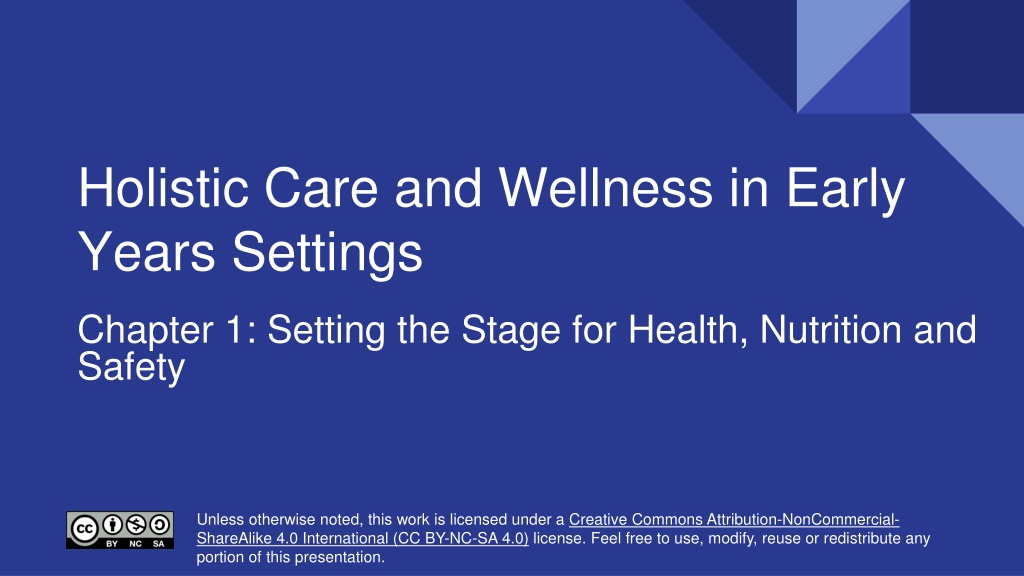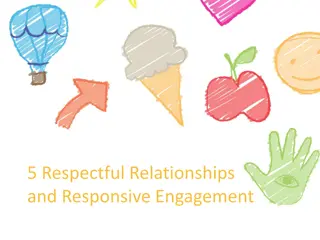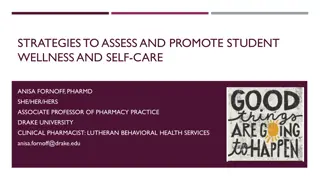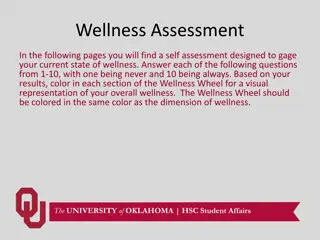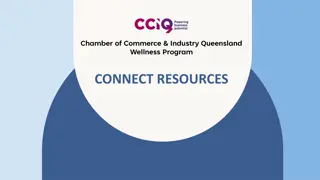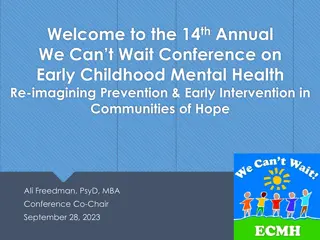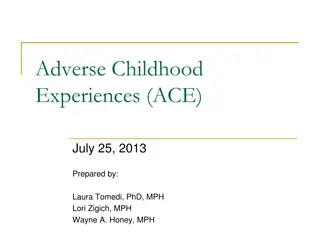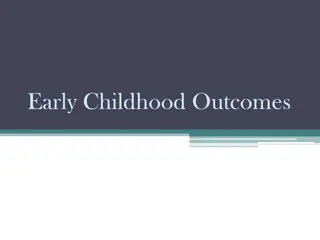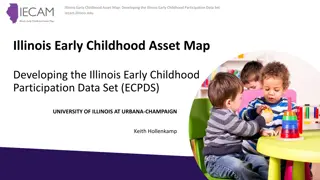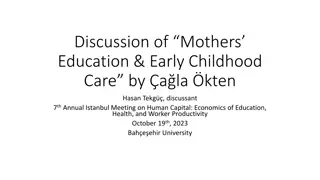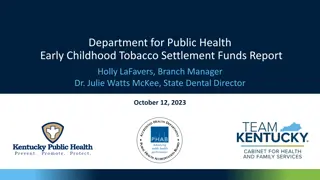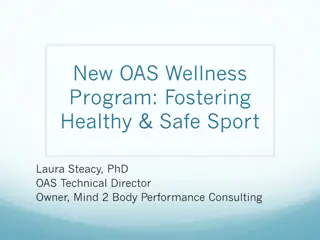Early Childhood Education: Promoting Health and Wellness
Explore the importance of holistic care and wellness in early childhood education settings, including regulatory bodies, children's rights, and health legislation. Discover how educators can support children's well-being through nutrition, safety, and health promotion practices.
Download Presentation

Please find below an Image/Link to download the presentation.
The content on the website is provided AS IS for your information and personal use only. It may not be sold, licensed, or shared on other websites without obtaining consent from the author. Download presentation by click this link. If you encounter any issues during the download, it is possible that the publisher has removed the file from their server.
E N D
Presentation Transcript
Holistic Care and Wellness in Early Years Settings Chapter 1: Setting the Stage for Health, Nutrition and Safety Unless otherwise noted, this work is licensed under a Creative Commons Attribution-NonCommercial- ShareAlike 4.0 International (CC BY-NC-SA 4.0) license. Feel free to use, modify, reuse or redistribute any portion of this presentation.
Learning Outcomes In this chapter, we will: Introduce local/provincial resources to develop awareness in supporting holistic care and well- being for children in early childhood education; Review health, nutrition, and safety in early years settings.
1.1 Introduction Regulatory Bodies Licensed childcare operators and school boards are accountable to various regulatory bodies such as the Ministry of Education, Ministry of Health, and Ministry of Labour. The Ministry of Education - oversees the early years, the kindergarten program, as well as grades 1 through 12 The Ministry of Health-maintain safe, healthy and nutritious environments for children The Ministry of Labour - oversees the health and safety of employees in licensed childcare and school boards. Legislation is mandated provincially with some exceptions directed from the federal level of government. Regulations will vary from province to province.
1.2 Holistic Health & Wellness in Early Childhood Education & Care Figure 2. The four frames of Kindergarten (outer circle) grow out of the four foundations for learning and development set out in the early learning curriculum framework (inner circle). The foundations are essential to children s learning in Kindergarten and beyond. The frames encompass areas of learning for which four- and five- year-old s are developmentally ready (OME, 2016, p. 14 Figure 1. The four foundations ensure optimal learning and development. These foundations inform the goals for children and expectations for programs (OME, 2014, p. 8). The Four Foundations by King s Printer of Ontario.
1.2 The Rights of the Child Health, nutrition, and safety are only some of the key aspects for consideration when respecting the rights of the child. Find ways to ensure holistic health and well-being are embedded in our daily practice. The United Nations Convention on the Rights of the Child by Unicef.org
1.3 Health in Early Years Legislation Educators are tasked with ensuring early years settings are reflective of healthy practices including: health promotion, hygiene practices, illness management and prevention, mental health supports, and adhering to all health regulations provided by public health and mandated by the Ministry of Education. Medical officer of health directions, inspections Every licensee shall ensure that any direction of a medical officer of health with respect to any matter that may affect the health or well-being of a child receiving child care at a child care centre the licensee operates or a premises where the licensee oversees the provision of home child care is carried out by the staff of the child care centre or home child care agency or by the child care provider at a home child care premises. O. Reg. 174/21, s. 17.
1.4 Nutrition Educators must be knowledgeable of appropriate nutritional principles and practices for children including: Specific dietary requirements Safe food handling Model healthy eating habits for young children Mother with Daughters Gardening by Freepik License
1.5 Safety Ensuring safety in early learning settings is vital for educators as they create secure environments for children to explore, learn, and develop. Safety in early learning settings is crucial for children's development. Regulations, policies, and procedures are implemented to ensure safety. Educators provide resources to families and promote safe workplaces.
1.6 Holistic Care: Equity, Diversity & Inclusion Early childhood educators create safe, nurturing environments, respect diversity, engage in continuous learning, and collaborate with stakeholders to support children and families effectively. Educators must create safe and nurturing environments through problem-solving and reflection. Respecting diverse perspectives and celebrating inclusivity prevents burnout. Continuous learning and networking support pedagogical growth. Co-construction of knowledge with children, families, colleagues, and communities is crucial. Accessing resources is necessary for emerging educators. Photo by Paige Cody, Unsplash Licence
1.7 Issues Impacting Health & Wellness in Canada Understanding barriers to accessing early years support is crucial for educators. The Rights of the Child Limited licensed child care programs in rural and remote areas hinder access for children. Children have the right to food, clothing and a safe place to live so they can develop in the best possible way. The government should help families and children who cannot afford this (Unicef, 2023). Families face challenges finding affordable licensed spaces, exacerbated by waiting lists under the CWELCC program.
